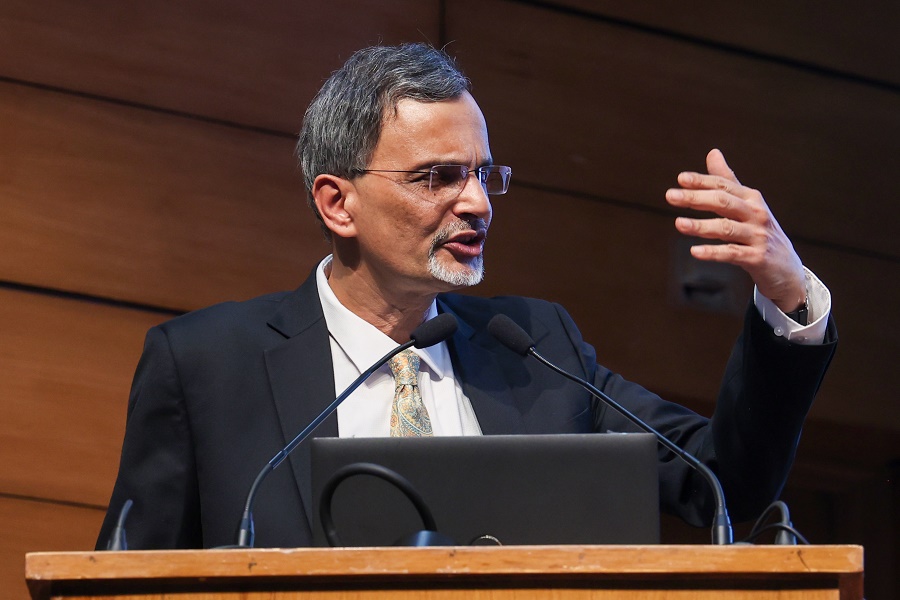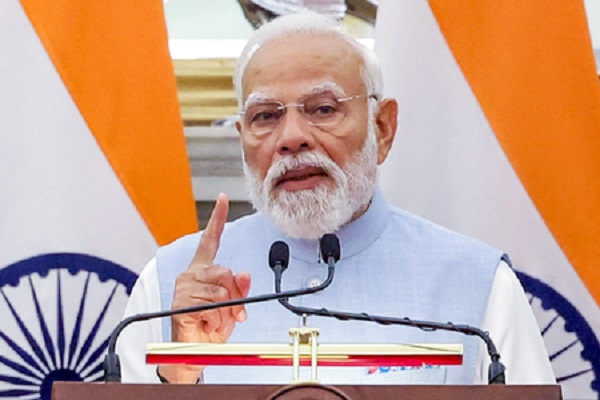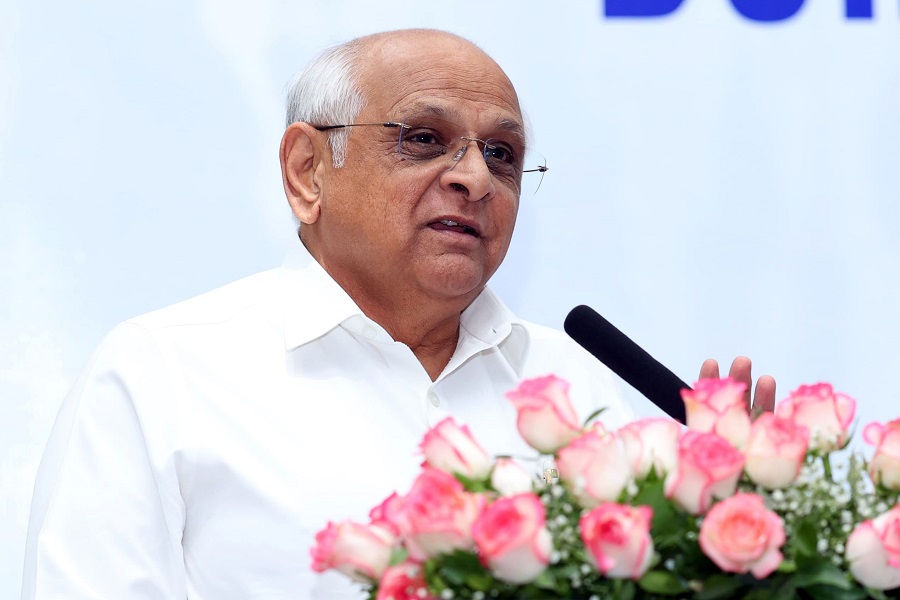Union Budget 2025: Decentralizing Cancer Care with Treatment Centers in Every District Hospital

In a landmark announcement during the Union Budget 2025, Finance Minister Nirmala Sitharaman unveiled plans to establish cancer treatment centers in all district hospitals across India. This initiative is part of the government's larger vision to make cancer care more accessible, reduce the burden on urban healthcare facilities, and provide critical treatment options in underserved areas.
Expanding Healthcare Accessibility
The introduction of cancer treatment centers in district hospitals aims to bring world-class healthcare services to the doorsteps of millions, particularly in rural and semi-urban regions. Currently, patients in these areas often face challenges in accessing quality cancer treatment due to the centralization of such facilities in metropolitan cities. This move addresses the urgent need for decentralized healthcare that ensures equitable access to life-saving treatments.
Strategic Importance for Rural India
India has witnessed a rising cancer burden over the past few decades, particularly in rural and remote regions. Many individuals in these areas are diagnosed at advanced stages due to a lack of early screening facilities and specialized care. Establishing cancer centers in district hospitals will facilitate early diagnosis, prevention, and timely treatment. By focusing on rural India, the initiative seeks to bridge the existing healthcare divide and reduce the disparities in cancer care access between urban and rural populations.
Addressing the Shortage of Cancer Care Infrastructure
While the demand for cancer treatment has been growing, India has a limited number of specialized cancer centers, and the existing ones are often overburdened. The government’s decision to set up cancer care units in district hospitals will address the issue of capacity constraints and offer comprehensive services, including diagnostics, chemotherapy, radiotherapy, and palliative care. These centers will be equipped with state-of-the-art infrastructure, aimed at providing affordable care and reducing the financial burden on families.
Empowering Healthcare Workers
The establishment of cancer centers in district hospitals also comes with a focus on training healthcare workers. A shortage of trained oncologists, nurses, and other healthcare professionals has been a key challenge in providing quality cancer care. The Budget proposes initiatives to train district-level healthcare workers in cancer detection and treatment, allowing them to provide effective care locally, rather than sending patients to distant urban hospitals.
Financial Support and Collaboration with Private Sector
To support this ambitious initiative, the Budget proposes financial assistance for the setup of these centers. Additionally, the government will explore collaborations with private healthcare players to provide expertise, technology, and training resources, ensuring that the cancer centers are not only well-equipped but also sustainable in the long run.
Conclusion: A Game-Changer for Cancer Treatment
The announcement of cancer treatment centers in all district hospitals is a transformative step towards making cancer care more inclusive, accessible, and affordable across India. By decentralizing cancer treatment, the government is addressing the urgent healthcare needs of rural populations, reducing the treatment gap, and ensuring that no individual has to travel far from home to receive life-saving cancer care. This initiative is set to revolutionize the landscape of cancer treatment in India, ultimately saving countless lives and improving the quality of healthcare nationwide.























